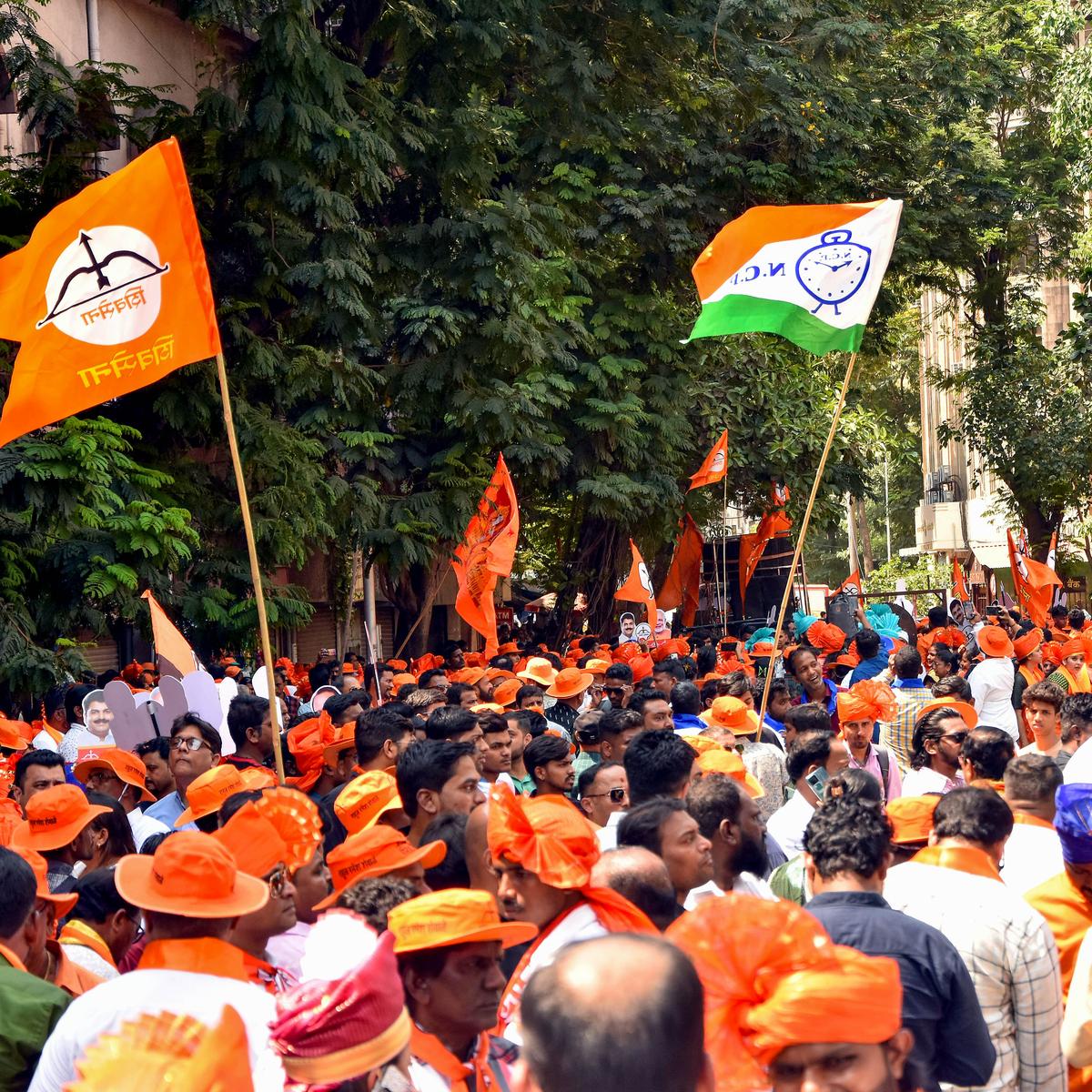Mauritius Holds Pivotal Parliamentary Election Amid Cost-of-Living Crisis and Wire-Tapping Scandal
Mauritius held its 12th parliamentary election since gaining independence from the United Kingdom in 1968, with voting taking place on Sunday. About a million Mauritians are registered to vote in this election, where the cost-of-living crisis, recent economic struggles, and a major wire-tapping scandal have emerged as central issues. Polls opened at 7 a.m. local time (03:00 GMT) and closed at 6 p.m. (14:00 GMT), with results expected on Monday.
The election sees voters choosing 62 members for the National Assembly, a vote that will ultimately determine the country’s next prime minister. The two major coalitions, Prime Minister Pravind Kumar Jugnauth’s Militant Socialist Movement (MSM) Alliance Lepep and the opposition Alliance of Change led by former Prime Minister Navin Ramgoolam, have each promised reforms aimed at alleviating the financial strain on everyday citizens.
Key Election Issues: Economic Struggles and Cost-of-Living Crisis
Mauritius, known as one of Africa’s most prosperous and stable democracies, has recently been grappling with an economic downturn that has affected the day-to-day lives of its citizens. Despite projections of 6.5% economic growth this year, the high cost of essential goods and stagnant wages have become pressing concerns for many Mauritians. The island nation, with a population of approximately 1.3 million, primarily relies on sectors like tourism, textiles, and offshore finance for revenue. However, the anticipated economic growth has not trickled down to all citizens, with many expressing frustration over rising living costs.
The ruling MSM coalition, led by Prime Minister Jugnauth, has pledged a series of economic reforms aimed at improving standards of living. Key promises include raising minimum wages, increasing pension benefits, and reducing value-added tax (VAT) on essential goods to ease the financial burden on households. Additionally, the MSM has highlighted plans to use funds from a recent agreement with the United Kingdom regarding the Chagos Islands dispute. In October, Britain agreed to cede the Chagos Islands to Mauritius, although the U.S.-UK Diego Garcia military base remains operational. These funds are expected to help finance the coalition’s economic promises.
Political analyst Subash Gobine notes that Jugnauth’s campaign strategy leans heavily on promises of economic prosperity, with the aim of appealing to different voter groups through targeted financial benefits.
The Opposition’s Vision: Pensions, Free Transport, and Lower Fuel Prices
The opposition Alliance of Change coalition, led by Navin Ramgoolam, has also presented a plan to address the cost-of-living crisis. Among their promises are pension increases, free public transportation, and free internet services. Additionally, the opposition has proposed reducing fuel prices, a move that could provide immediate relief for struggling households. The Alliance of Change has centered its campaign on addressing the economic grievances of everyday Mauritians, particularly those feeling the sting of inflation and high fuel costs.
By targeting such essentials, Ramgoolam and his coalition hope to present a clear alternative to Jugnauth’s administration, appealing to voters disillusioned with the current government’s economic management.
Wire-Tapping Scandal Casts Shadow on Election
A wire-tapping scandal has further complicated the election, adding an unexpected twist to an already tense campaign. The leak of secretly recorded phone calls involving politicians, diplomats, and journalists has put the ruling party under scrutiny. Prime Minister Jugnauth’s administration initially responded to the scandal by imposing a social media blackout on November 1. However, after widespread backlash from opposition groups and local media, the government quickly reversed the ban within 24 hours. This incident raised concerns among voters regarding transparency and accountability, with many questioning the motives behind the initial social media restriction.
The opposition has seized on the wire-tapping scandal as evidence of government overreach and has called for greater transparency. Observers say the controversy may influence undecided voters, who are wary of potential privacy infringements and power consolidation under the current administration.
Security and Electoral Oversight
Security has been a priority throughout the election process, with police deployed at polling stations to maintain order and address concerns of possible electoral fraud. According to Electoral Commissioner Irfan Rahman, additional measures were put in place to ensure a smooth voting process.
The African Union has also sent a 30-member observer mission to monitor the election. Mauritius has long been regarded as a stable democracy in the African region, and these international observers aim to support the nation’s commitment to a fair and transparent electoral process.
Mauritius at a Crossroads: Economic Strategy and Political Stability
Mauritius’ positioning as a bridge between Africa and Asia has allowed it to develop a diverse economy, benefiting from sectors like tourism, textiles, and offshore financial services. Yet, the challenges posed by global inflation and internal economic disparities have left many Mauritians concerned about their future. With promises of wage increases, pension hikes, and tax reductions, both major coalitions are vying to convince the electorate of their ability to steer the country towards financial stability and growth.
The ruling MSM’s focus on using new financial resources, including those expected from the Chagos Islands settlement, may appeal to voters who view the current administration as better positioned to navigate economic complexities. On the other hand, the opposition’s emphasis on immediate relief measures, like reduced fuel prices and free essential services, seeks to address the day-to-day financial challenges faced by ordinary citizens.
Looking Ahead: Election Results and Future Implications
As Mauritians await the results, the island nation stands at a pivotal moment. This election’s outcome could shape Mauritius’ approach to handling its economic challenges, including how it balances growth aspirations with the immediate needs of its people. With high voter turnout expected, the decision made by the people of Mauritius will provide insight into whether they favor continuity under Jugnauth’s administration or a shift towards Ramgoolam’s vision for change.
The election’s results, which are anticipated by Monday, will not only determine the next prime minister but also influence the broader direction of Mauritius’ economic policies, social welfare programs, and international relations.
Source : Swifteradio.com


